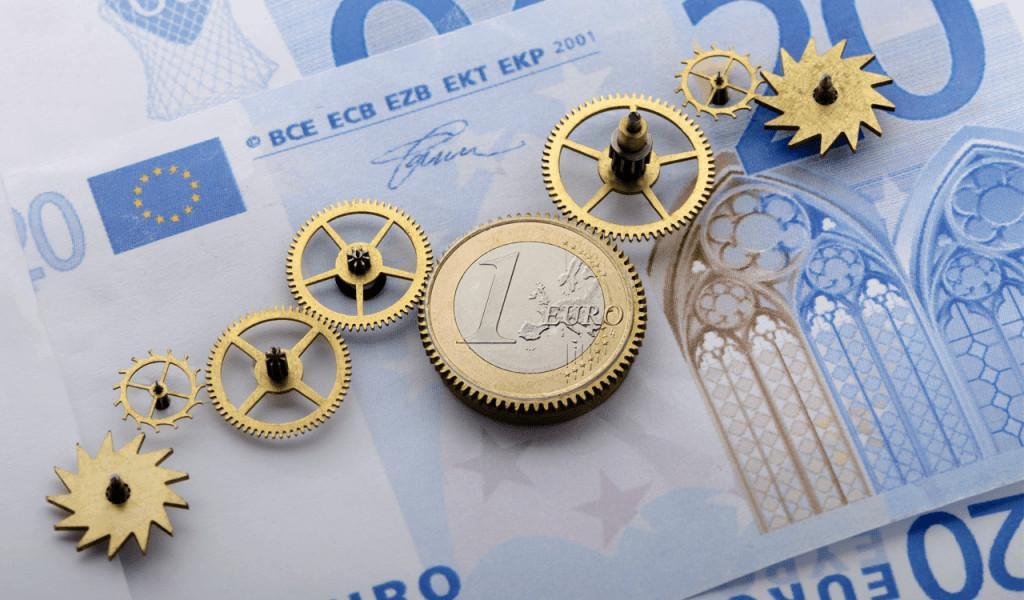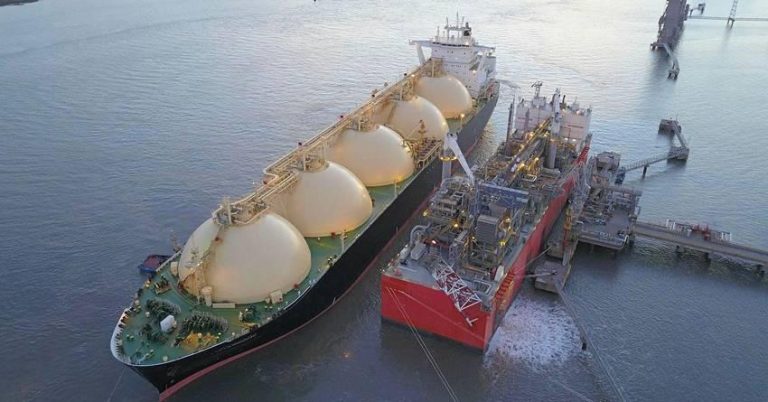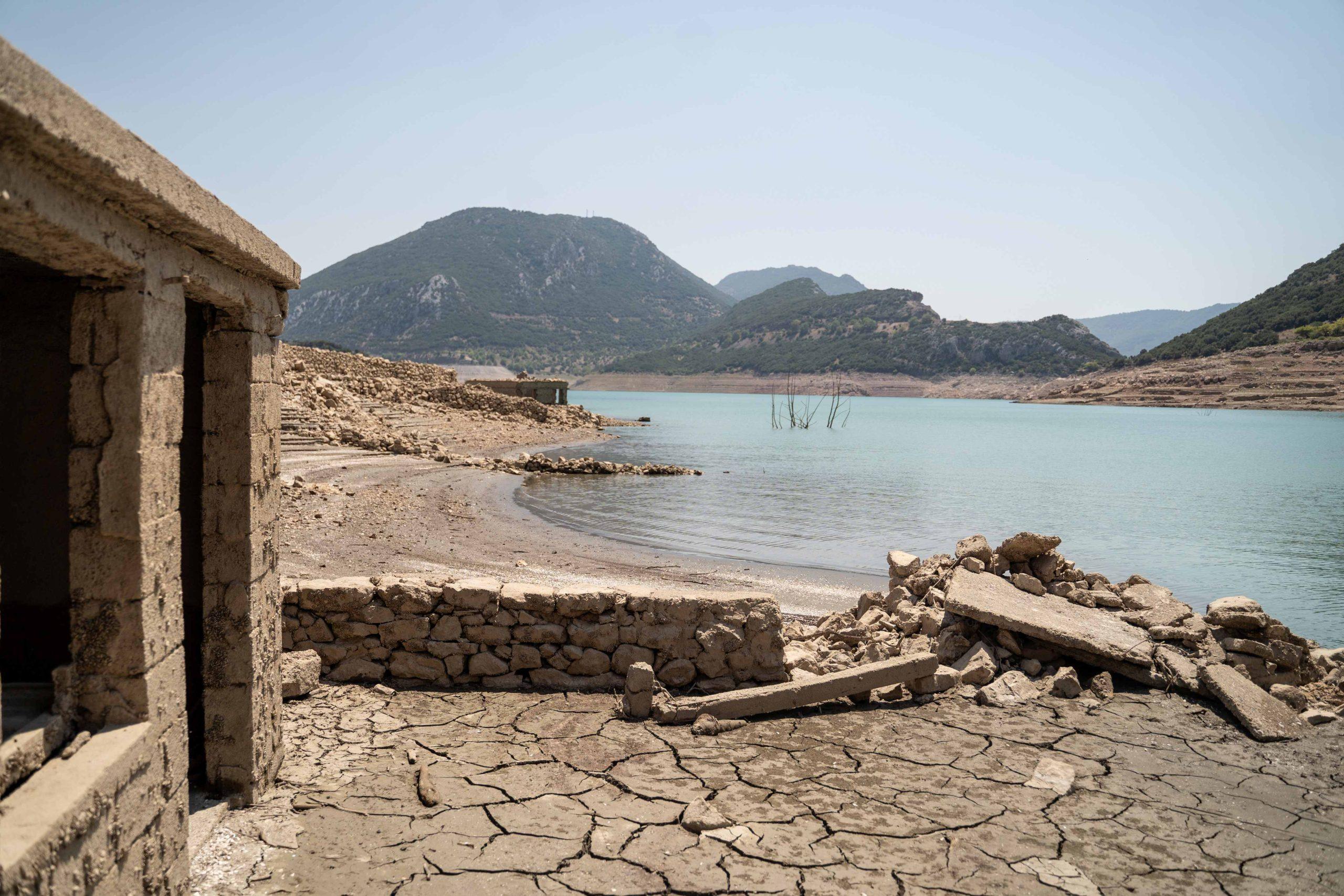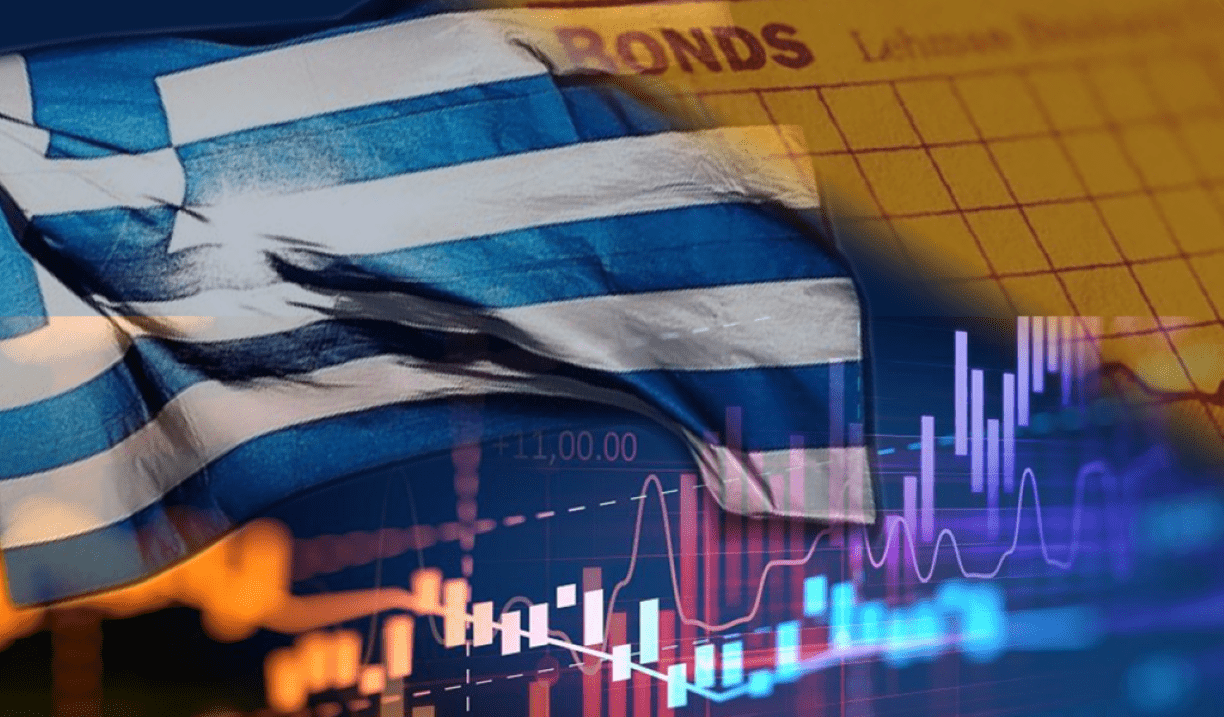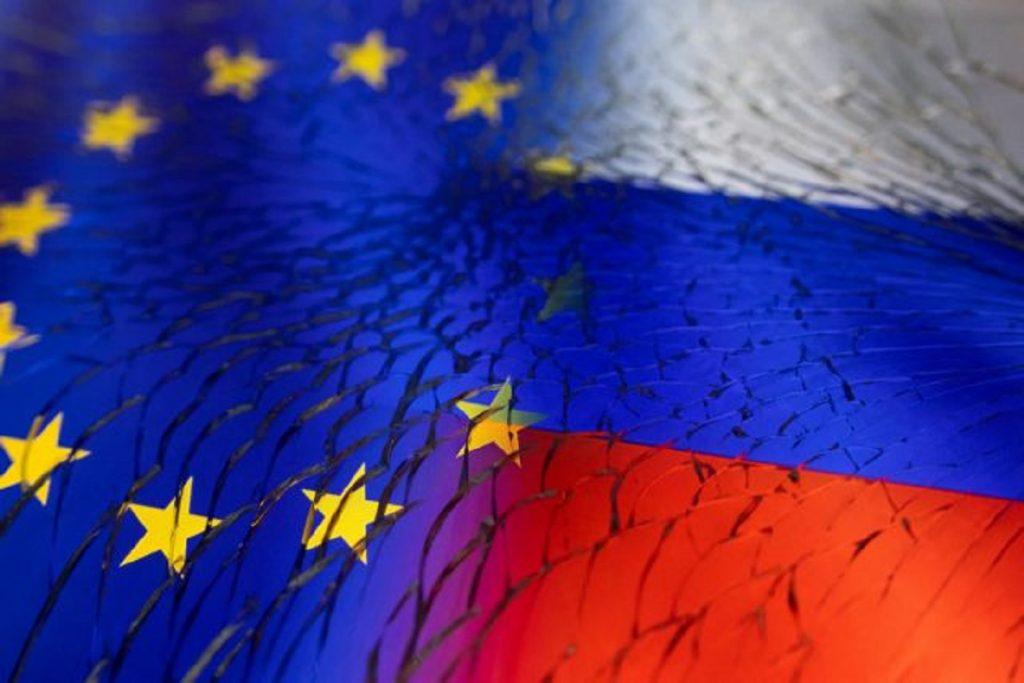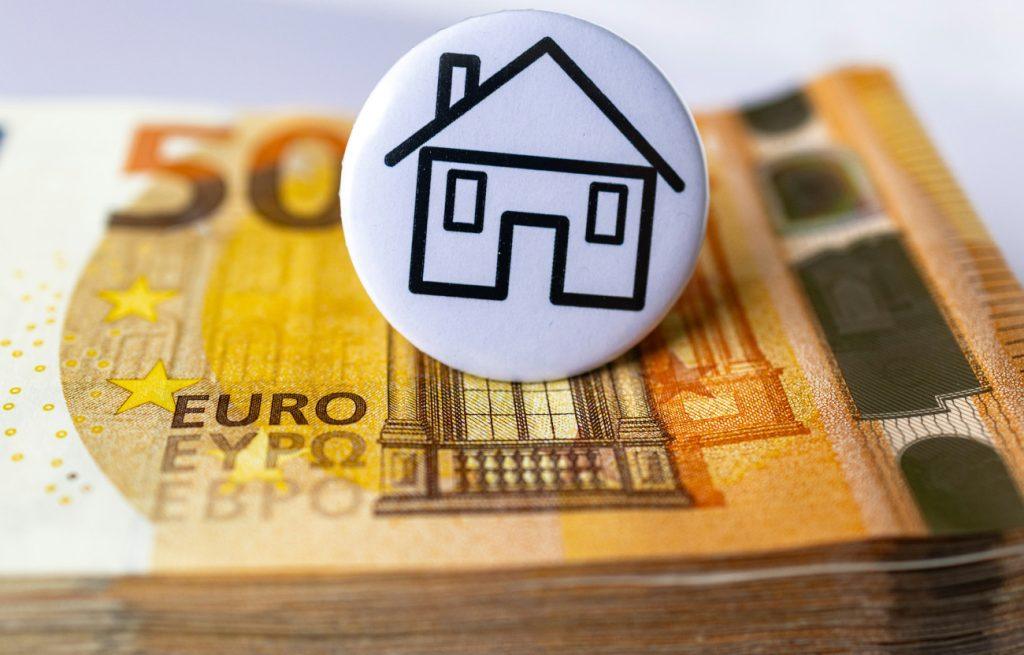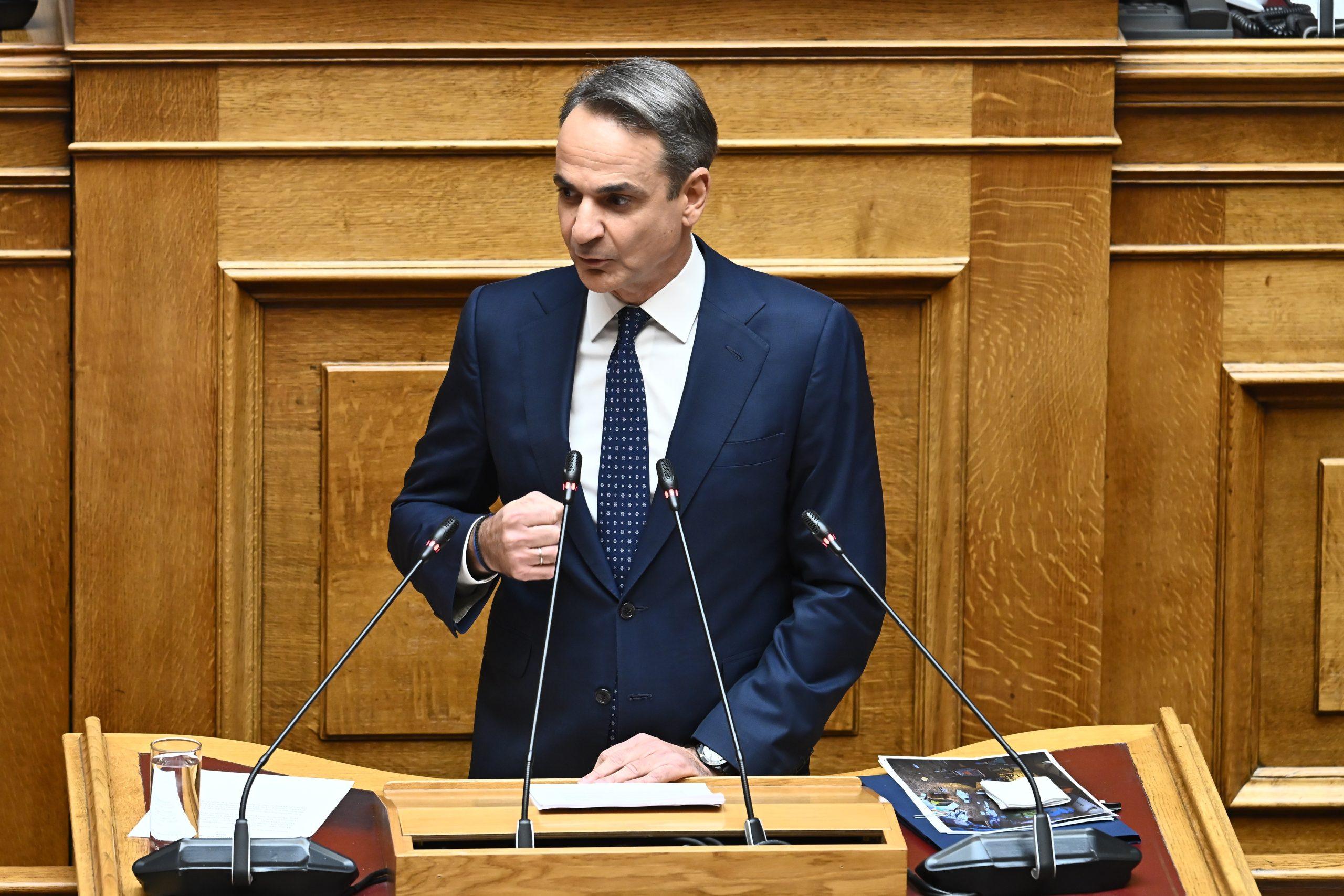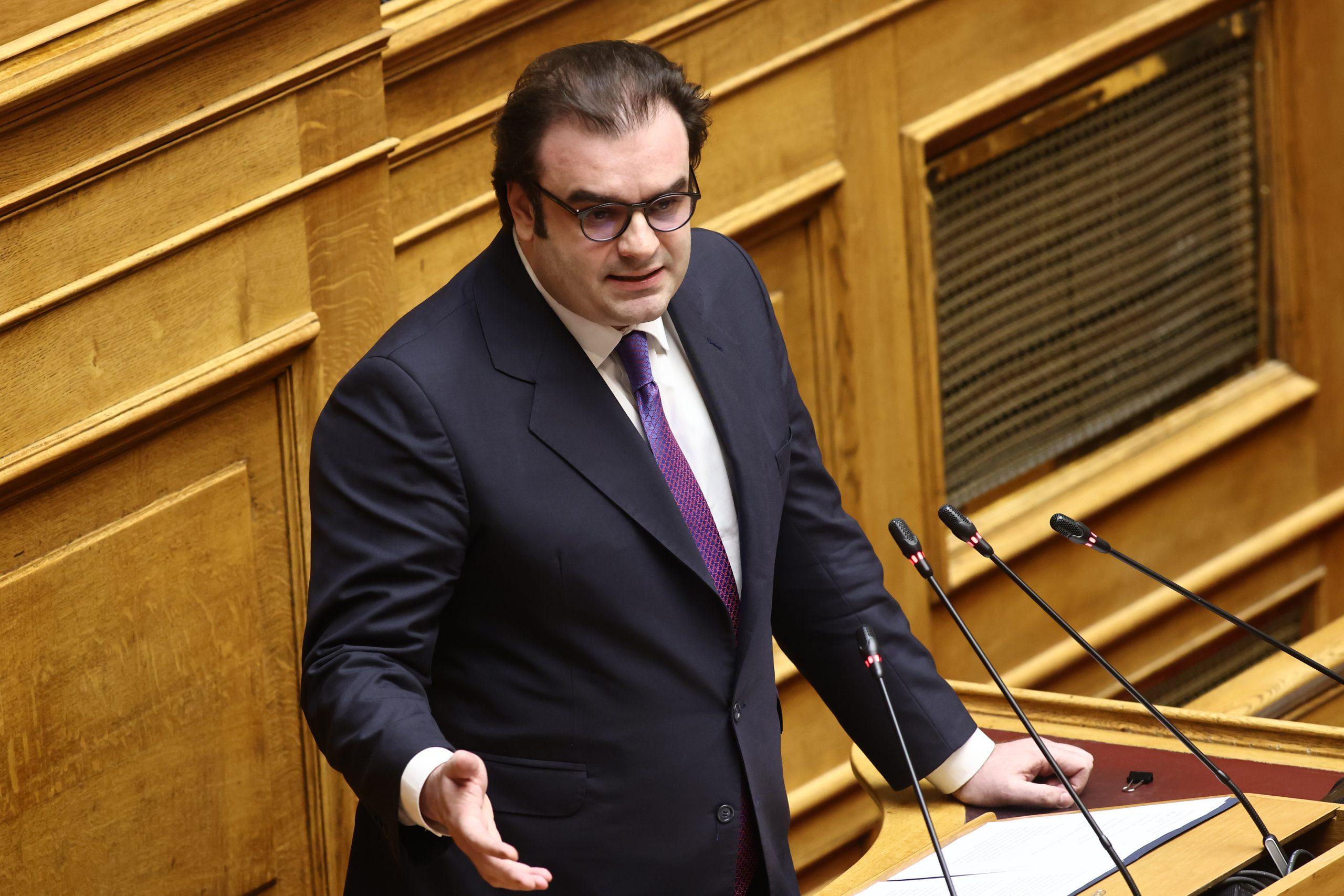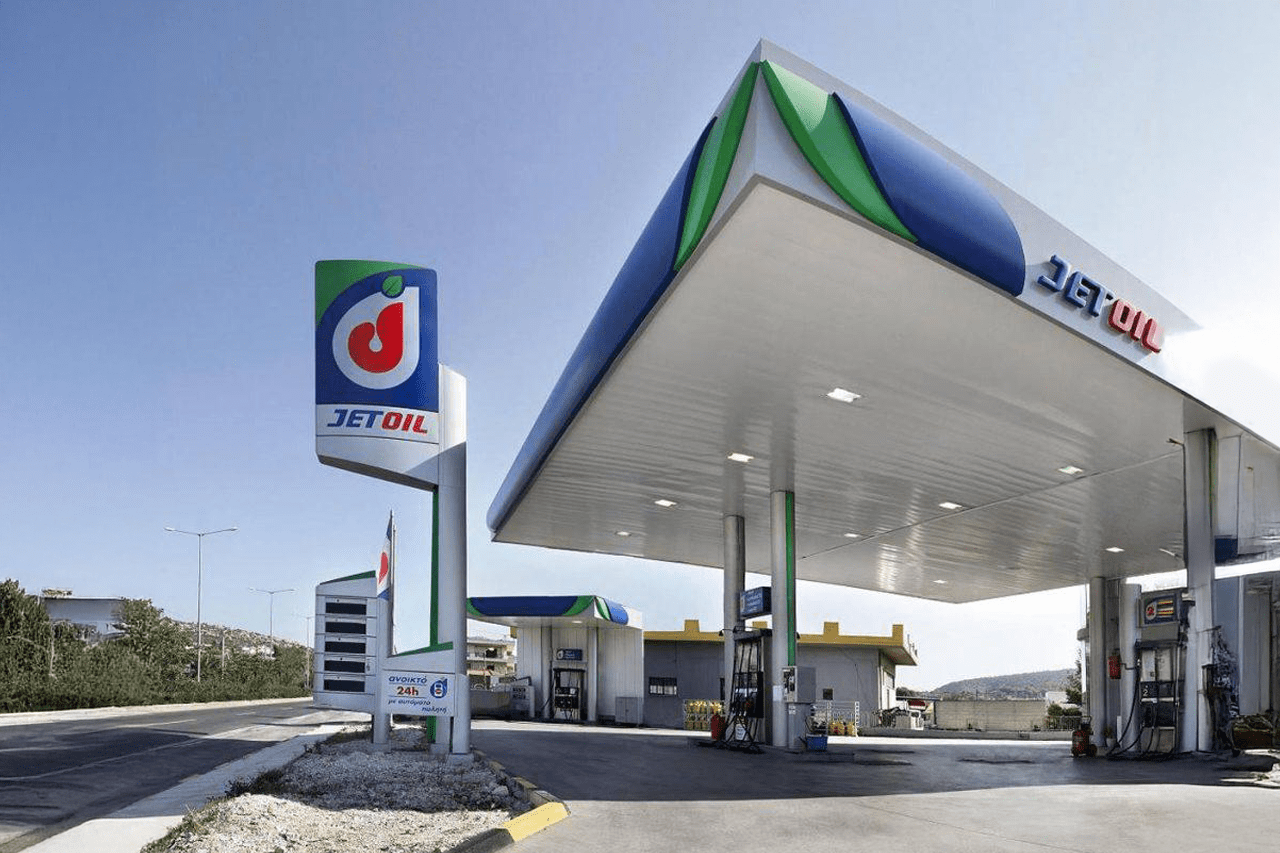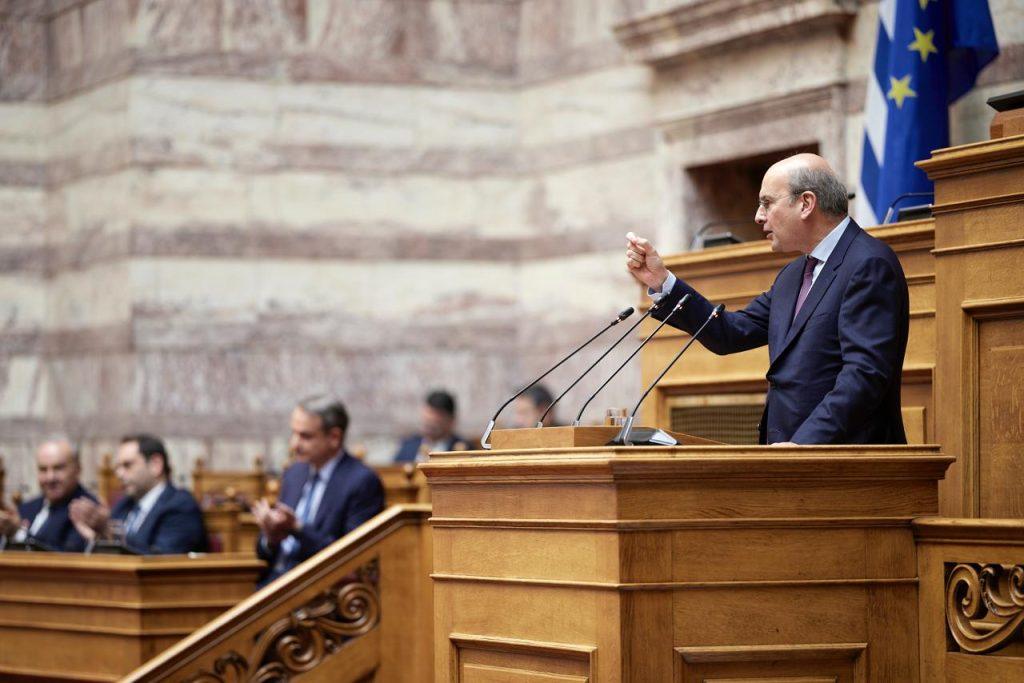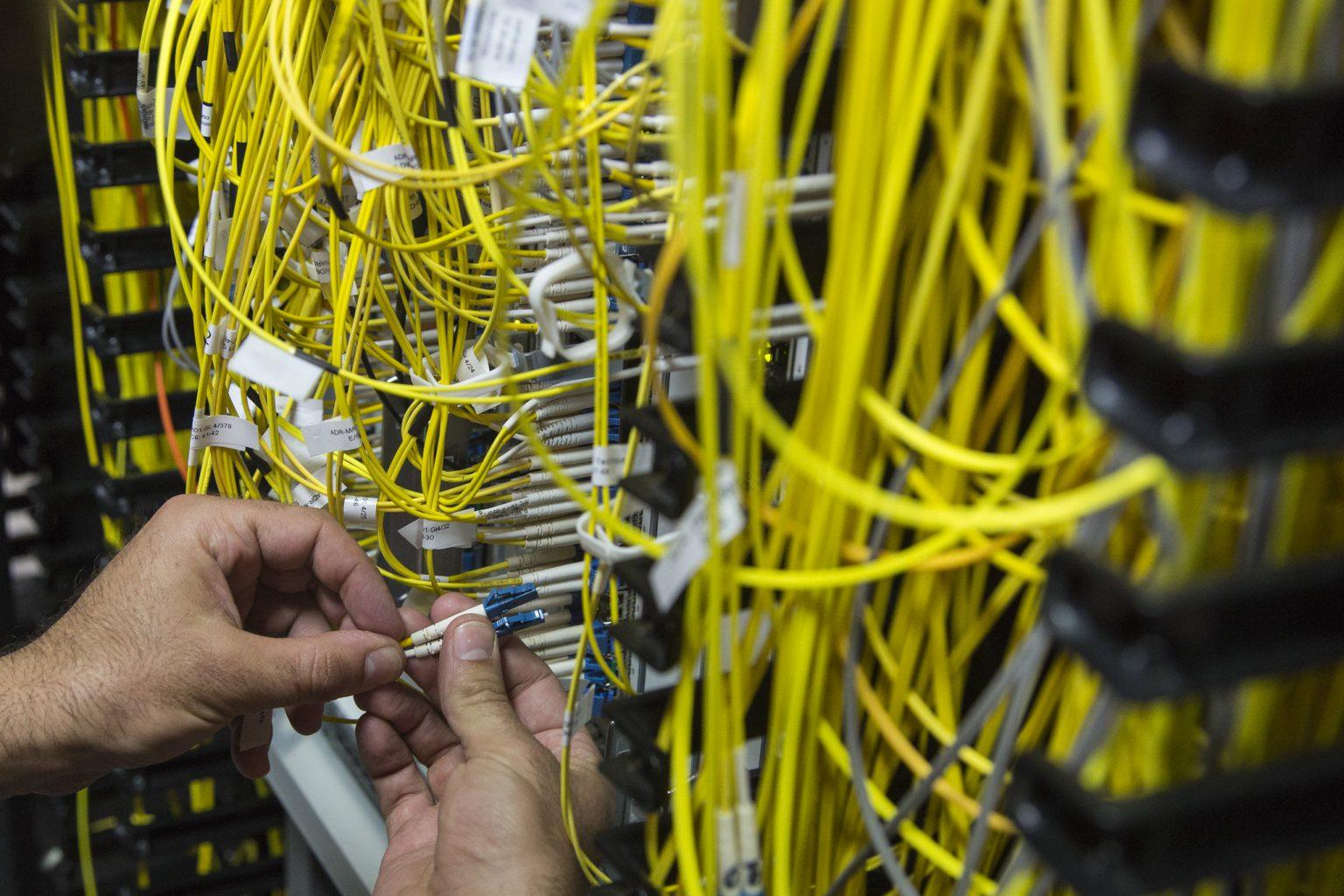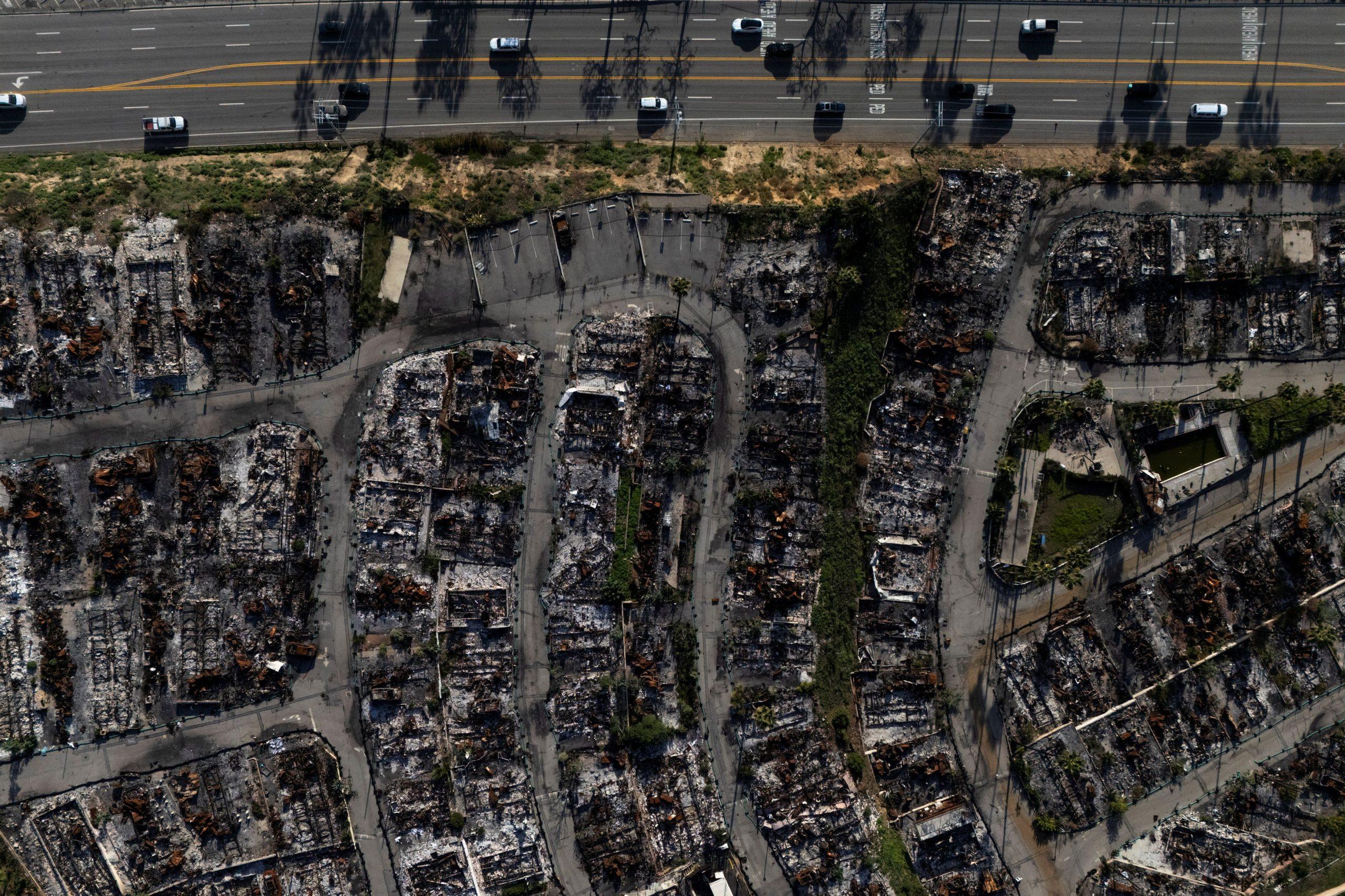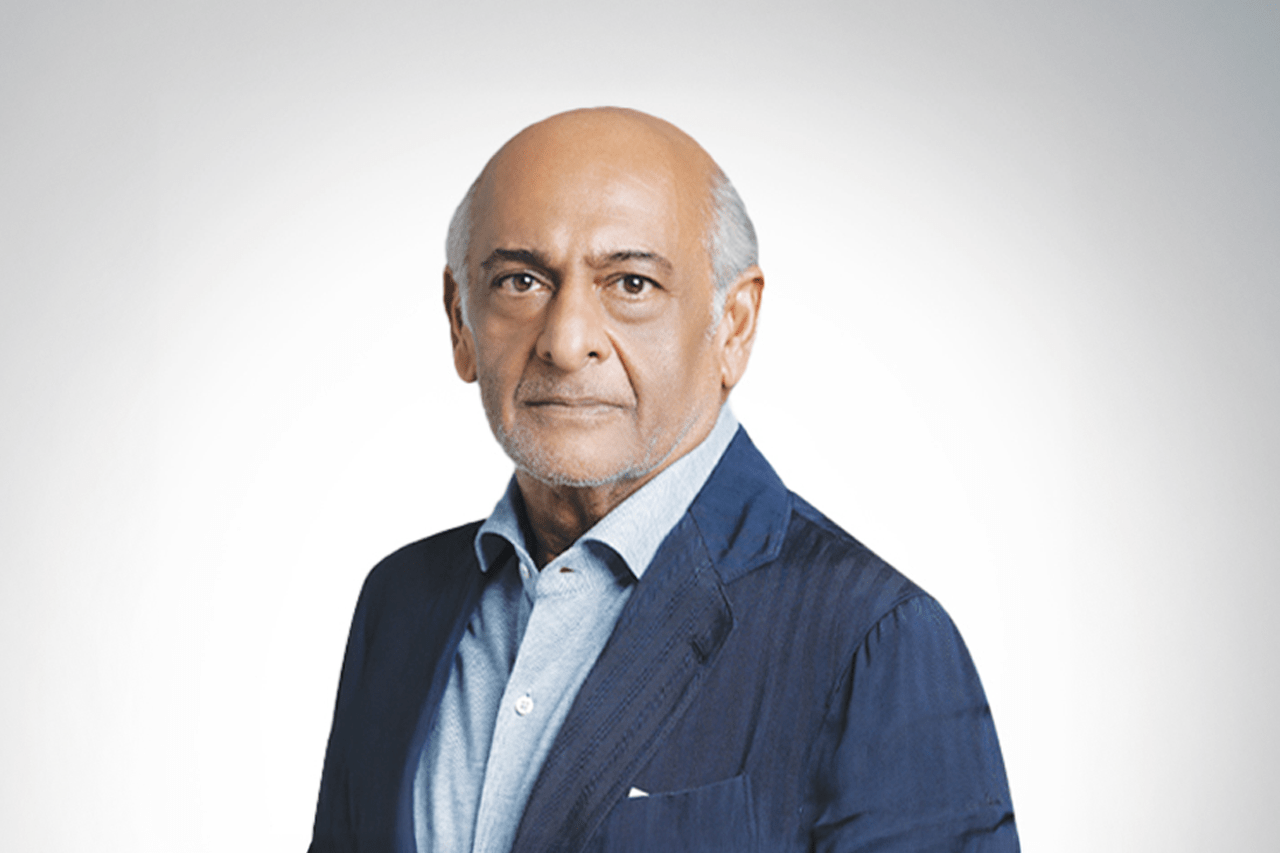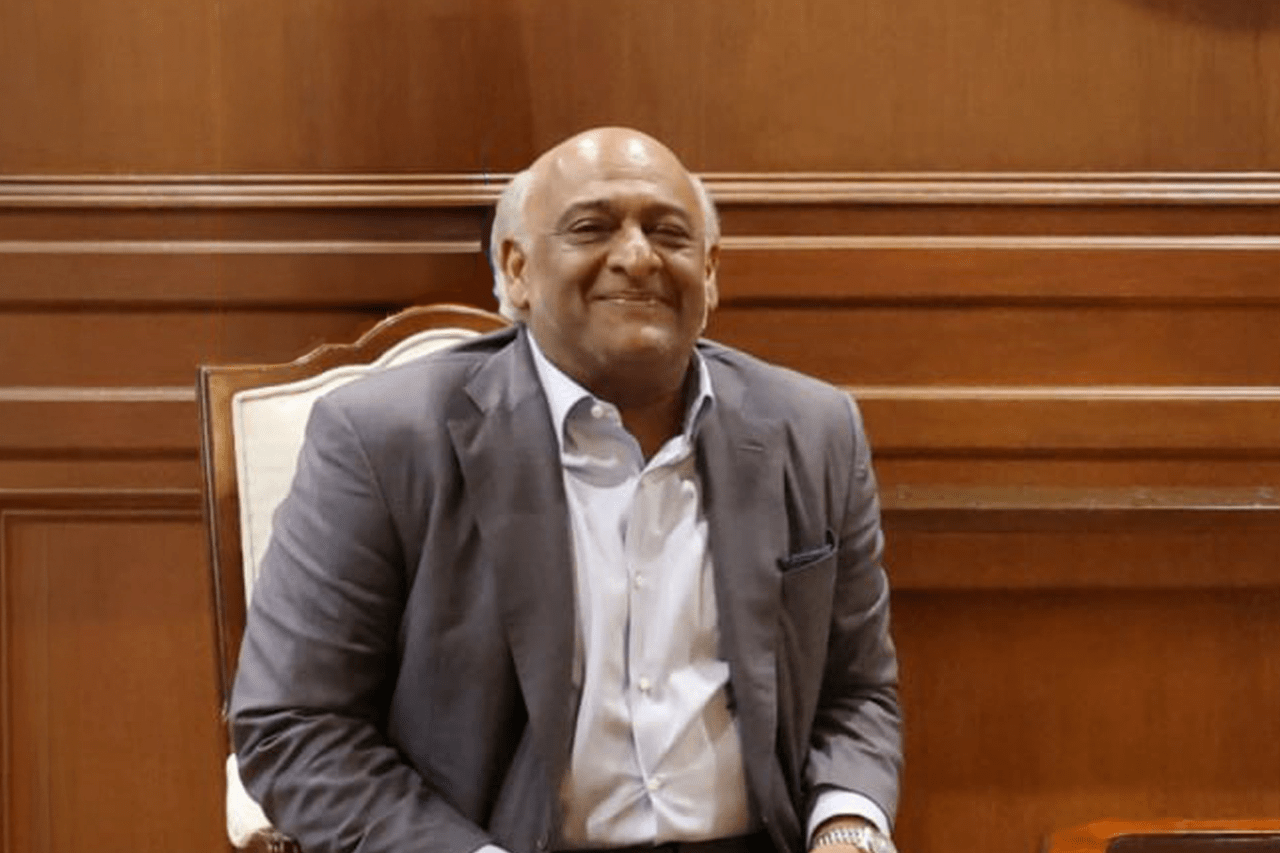Greece is on an upward trajectory while the EU is moving downwards, noted Business Europe president Fredrik Persson, speaking at the SEVindustrial conference.
Comparing this movement to the hill of Lycabettus, in a joint panel with the president of Helleni federation of Enterprises-SEV Dimitris Papalexopoulos, Mr. Persson noted that this downward trend of Europe is not only due to the pandemic and the war, as it is a trend that had started earlier.
Risk of collapse
Highlighting much faster GDP growth in the US than in Germany, the EU’s strongest industrial power, the Business Europe president pointed out that if this trend will continue to 2035, Europe will be to the US what India is today against the EU. If the industry does not grow, Europe will collapse, he characteristically said.
Speaking about the need for an EU that shows more interest in industry, Fredrik Persson underlined that the main disadvantage compared to Asia and the USA is the high energy costs in Europe, a development mainly due to the war in Ukraine.
Bureaucracy in Greece and Europe
He then referred to the constant production of new and often contradictory regulatory rules by the EU, stressing that this process hurts competition by losing the speed that businesses need – something that companies operating in the US have.
For his part, the president of the SEV, Dimitris Papalexopoulos, noted that the national regulatory rules, in this case those of Greece, are added to the European rules, while overall, rules are constantly being added but not removed.
Energy cost
Continuing, the president of Business Europe underlined again that high energy costs are driving businesses out of Europe, a trend that if continued will lead to a Europe without industry in the chemicals, aluminium, steel and cement sectors.
Responding to a question from the SEV president on whether this trend is reversible, Mr Persson noted that the Commission’s excessive focus on the green agenda – which European industry supports – is leading to a degradation of policy-making in other areas, such as industrial strategy. However, there has now been a realization, at the highest level, that this situation cannot continue.
We have the awareness and the proposals, now we need action, he noted, explaining that we need to see how the fit for 55 strategy will be implemented in practice, so that it produces results for both business and the climate.
Workforce and industries
Referring to the pan-European problem of labor shortages, the president of Business Europe noted that Germany lost 5 million people from the labor force last year alone. These developments are taking place at a time when Europe has technologically advanced industries, but is lagging behind in areas such as 5G and 6G.
Europe has lost the lead it had in sectors such as the automotive industry or mobile telephony, the SEV president noted for his part, while raising the question of whether business support packages from powerful EU countries constitute a competitive disadvantage for smaller countries.
Competitive businesses
In response, Fredrik Persson made it clear that healthy and competitive businesses cannot rely on government funding, despite the need to provide sometimes targeted and short-term support.
He also mentioned that strong European companies have primarily a European and secondarily a national identity. He also noted that, as they also operate outside Europe, there is a risk that if the business environment within the bloc is not sustainable, they will strengthen their non-EU activities.
EU trade relations
Regarding the EU’s international trade relations and the possibility of enlargement of the bloc, the president of Business Europe made it clear that Europe cannot survive alone, noting that the Union must be a strong exporting power because if we close the borders we will become importers of products produced by others. Referring to the Union’s tendency to make trade deals only with countries whose policies it agrees with, he wondered how much we would agree with the US in the coming years, hinting at the possibility of a Donald Trump election victory.
“We have to carefully follow an enlargement path,” Mr. Persson noted, adding that trade with other countries produces more resilience for Europe. Per however, he brought up the need for the bloc to ask the other major global players to keep their climate commitments, otherwise the EU will lose its competitiveness.
Greece is an investment destination
Regarding Greece, the president of the European industrialists noted that the country is on an upward trajectory having started from an extremely negative point. “You are attracting Foreign Direct Investment, which many other countries are not doing,” he underlined, while noting that if Greece’s upward trajectory meets the EU’s downward one there is a positive scenario for the bloc to move higher as a whole.
He also emphasized that Greece can take advantage of the return of many parts of the value chain close to Europe. “You are on an upward trajectory, you have great opportunities and the voice of Greece is heard more strongly in Brussels,” he said.
Optimism for Greek industry
For his part, the president of SEV noted that three optimistic perspectives are opening up for the Greek industry. On the one hand, for the first time the country can prospectively become energy independent. A lot of investment is needed and it will be a painstaking process, in which we have to be careful not to destroy the industry. But it is an achievable goal, he emphasized.
On the other hand, Mr. Papalexopoulos said, a start-up ecosystem is developing in Greece while the cooperation between businesses and universities is progressing. These factors will have a major impact on the industry in the coming years.
Finally, he noted that the upheavals in the global supply chain find Greece at the right time in the right place, with a development agenda.
Green transition
Regarding the prospects of the EU, the president of Business Europe noted that he is optimistic about the course of the green transition and decarbonization, but emphasized that emphasis must be placed on maintaining competitiveness.
On innovation, he said the bloc has great companies, but “we can do better.”
Finally, he underlined that an advantage is the fact that “the rest of the world wants to do business with us”, with the result that some of the value produced outside the EU ends up in the EU.
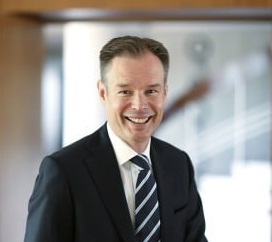
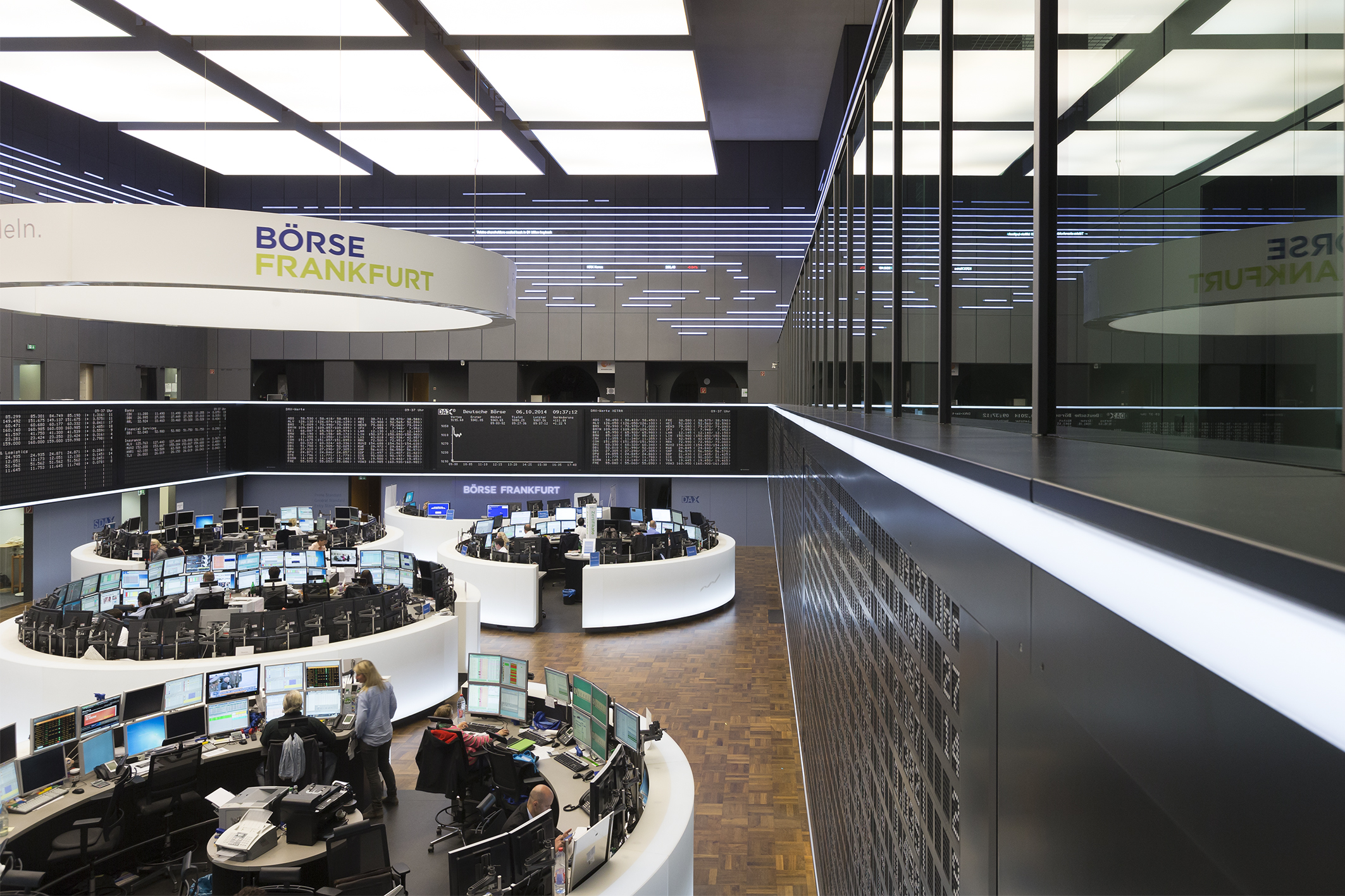

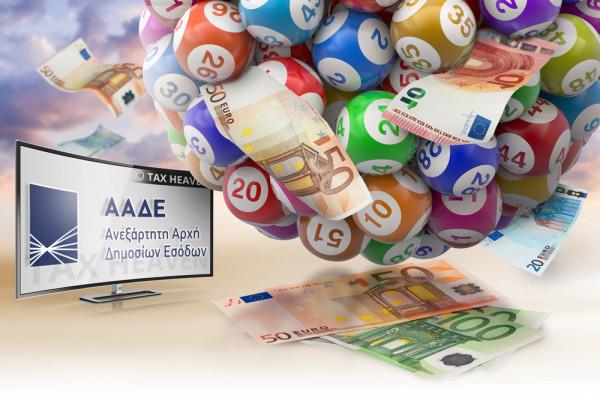




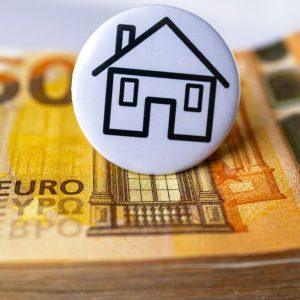
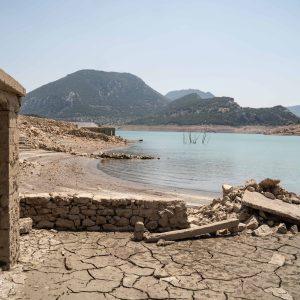
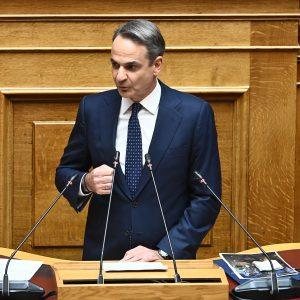
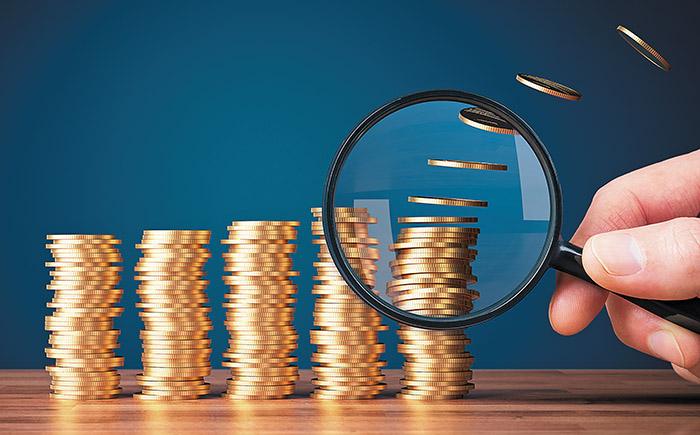
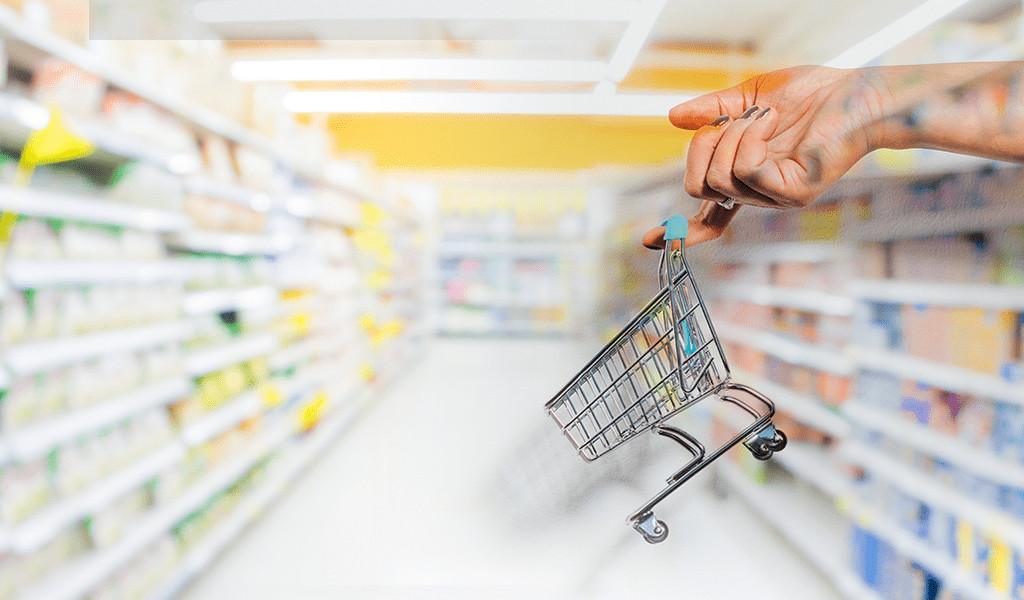
![Χρυσές λίρες: Πλησιάζει τα 1.000 ευρώ – Πού πωλούνται στην Ελλάδα [πίνακες]](https://www.ot.gr/wp-content/uploads/2025/07/ot_lires25.png)



